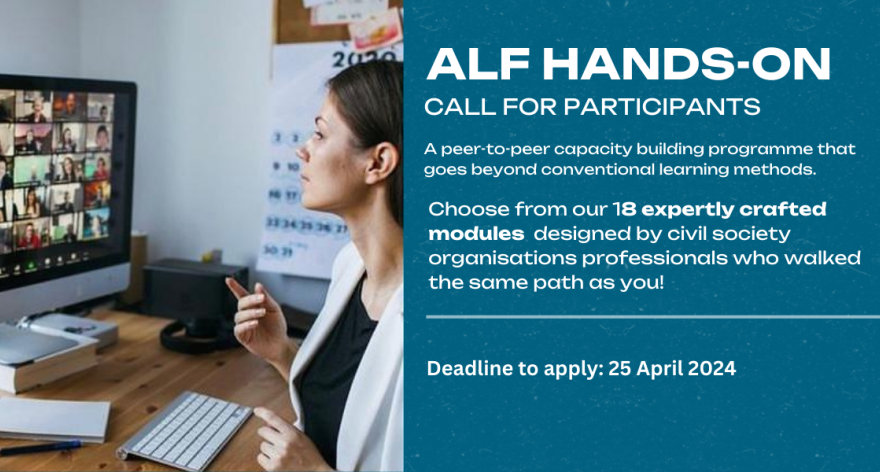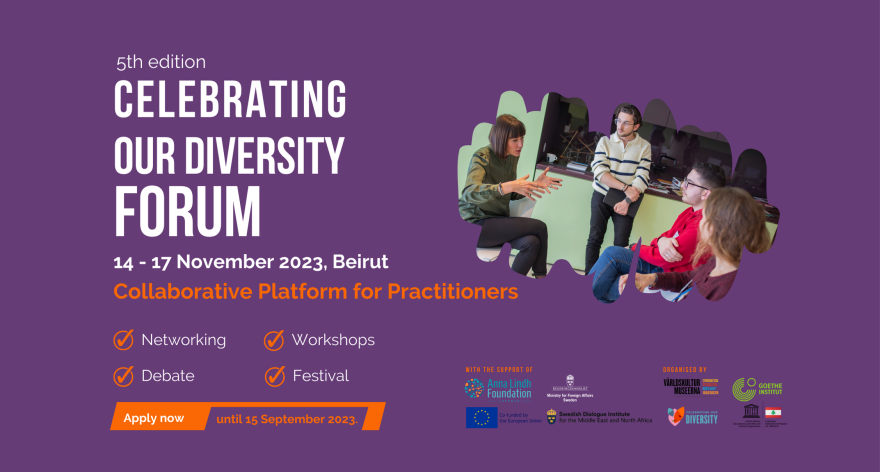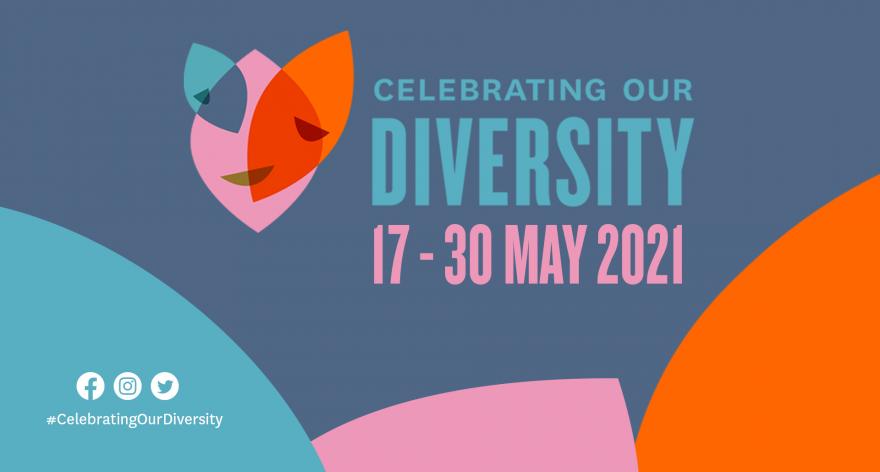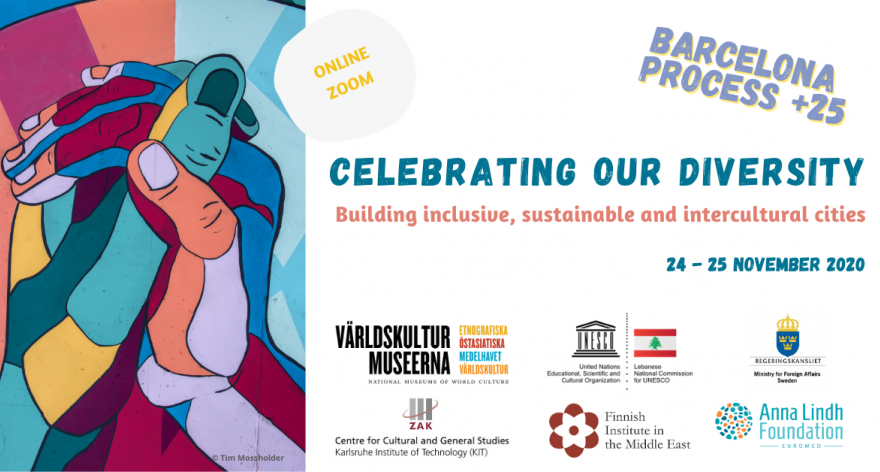Burgårdens Gymnasium
Skånegatan 20
412 51 Göteborg
Sweden
- Youth and education
General public upper secondary school funded by the community.
Number of students: 1000 employees: 100
Involved in a European project about culture and minorities
Budgetary resources: 30 million SEK
Burgårdens gymnasium is situated in the city centre of Göteborg. It is an upper secondary school with mainly vocational training for young people between the age of 16-19. The school has around 1000 students and 100 employees. The students can choose between for instance programs that educate nursery attendants, security officers, fashion design workers, hairdressers, make-up artists or animal keepers. There is also a large introduction program for young immigrants in Sweden where they can work with the aim of entering a vocational training program within two years´ time.
There is also the option of combining theoretical studies with internship two days every week as an apprentice. About 60 percent of the students have an immigrant background. Some have arrived in Sweden with their parents as refugees, others were born in Sweden. Many students have special difficulties in learning, for example anxiety disorder, attention deficit, autism, dyslexia or dyscalculia. The teachers therefore work in teams where they develop new training methods that better fit this group of students than traditional education.
All students are offered a personal laptop for free at the beginning of the school year and the level of digitalisation is high among the students as well as among the staff.
The school is situated in the very centre of Göteborg and our students come from all districts of Göteborg. The average student´s socio-economical background is middle class, lower middle class or lower class. The average student also has a relatively low overall final grade from grammar school. Some of the students have special difficulties in learning, for instance dyslexia and dyscalculia. The school therefore has two special teachers dedicated to meet those students´ needs and make them reach course-related goals. In the first year students sometimes have to attend extracurricular lessons three times a week to catch up or improve their skills in different subjects. Our school also has a health care team of our own, including a nurse and a welfare officer and the main object of the school is to make as many students as possible pass their A-levels.
We have great resources when it comes to music and media presentations, photography and film editing which we think may be useful to the network in our country.
We are very interested in bringing Europe and other parts of the world mor together so that we can have a feeling of belonging instead of separation. This network seems to fulfil this need and open doors to collaboration with other organisations with the same goals.



